I recently traveled to Detroit with my colleague Victor Cary, Senior Director of the National Equity Project, to lead a “shared equity experience” for the Hewlett Foundation’s Deeper Learning network. Each year, Hewlett convenes about 200 grantees who are thought and action leaders in the field of progressive pedagogy. Deeper learning might be considered a newish moniker for something that’s been around for a long time: rigorous, engaging instruction that prepares students to thrive in a rapidly changing world. Rather than rote and lecture-driven, deeper learning experiences engage students in real-world problems and questions that require them to think critically, collaborate, and communicate understanding in sophisticated ways.
I have a long history with deeper learning. Nearly 20 years ago, I attended a weeklong summer seminar on project-based learning, run by Bob Lenz and the Buck Institute for Education. I remember being riveted by Bob’s video of his students engaged in a project about immigration and falling in love with this methodology. I loved the focus on student voice and agency. I loved the fact that kids got to have a real audience. I loved that it made teaching feel dynamic and alive and magical.
I was a young teacher at Balboa High School, a diverse public school in San Francisco. At the training, I met a diversity coordinator named Lisa Arrastia from a nearby independent school, Marin Academy, and together we launched a project called BALMA for Balboa (or Bal) and Marin Academy (or M.A.). Our students, from vastly different worlds, did a collaborative investigation into equity in education. They read James Baldwin and Paolo Freire, visited each other’s campuses, and spent two nights on retreat at MA, exploring issues of race, difference, and bias. Our project became the focus of an hour-long KQED documentary, “Making the Grade,” and I still mark it as one of the most transformative moments of my career.
Last week in Detroit, Victor and I invited participants into a conversation about equity and deeper learning, framed by this question: How does structural racism and its reinforcing beliefs impact education and the community? Since the convening, I’ve been meditating on what it takes to sustain a focus on equity in this work. Here are a few reflections.
It’s about listening to one another. We led participants through a Constructivist Listening protocol, which allows for uninterrupted reflection, to explore their beliefs and values around equity. Through listening to one another, participating leaders built connections across their differences and began to grow a community of practice. The process of deep listening disrupts the unconscious biases we all hold about each another by revealing new layers of story and humanity.
It’s about shared language. We asked the group to consider what equity means to them and then offered NEP’s powerful definition of working toward equity:
- Removing the predictability of success or failure that currently correlates with any social or cultural factor
- Interrupting inequitable practices, examining biases, and creating inclusive and just conditions for adults and children
- Discovering and cultivating the unique gifts, talents and interests that every human possesses
We also framed the idea of structural racialization, from the work of Professor john a. powell, as a force shaping educational outcomes, and asked participants to discuss three forms of racism: individual, institutional, and structural. All of this basic definitional work allowed people to enter a common conversation rather than to talk across one another
It’s about taking risks. We asked folks to reflect on this prompt, “What is your WHY for tackling equity as part of the work you do?” and then opened up a room of 200 for public sharing. As multiple people took risks to disclose personal stories that shape their “why,” you could hear a pin drop. When we model vulnerability, we create the space for others to be vulnerable as well. Emotional openness builds trust, which make it possible for our brains to learn and grow in new ways. This is essential to bridging equity and deeper learning.
Finally, it’s about the courage to shift the discourse. Many people approached Victor and me to thank us for facilitating this experience. I tip my hat to the Hewlett Foundation for being willing to push its own practice and discourse around equity. As a nation, we are in a crucial moment. We must have courageous conversations about race, power, and difference in all its forms. The question of who constitutes “we the people” is being contested every single day. Educators have a moral imperative to enter these conversations and to stand for equitable, inclusive, and just schools.
I was honored to be a part of this convening and look forward to continuing the exploration with deeper learning partners. How will you connect equity and deeper learning this year?

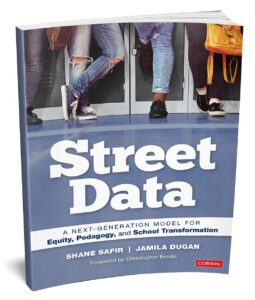 Enter your email here and get a free copy of the first chapter of Street Data!
Enter your email here and get a free copy of the first chapter of Street Data!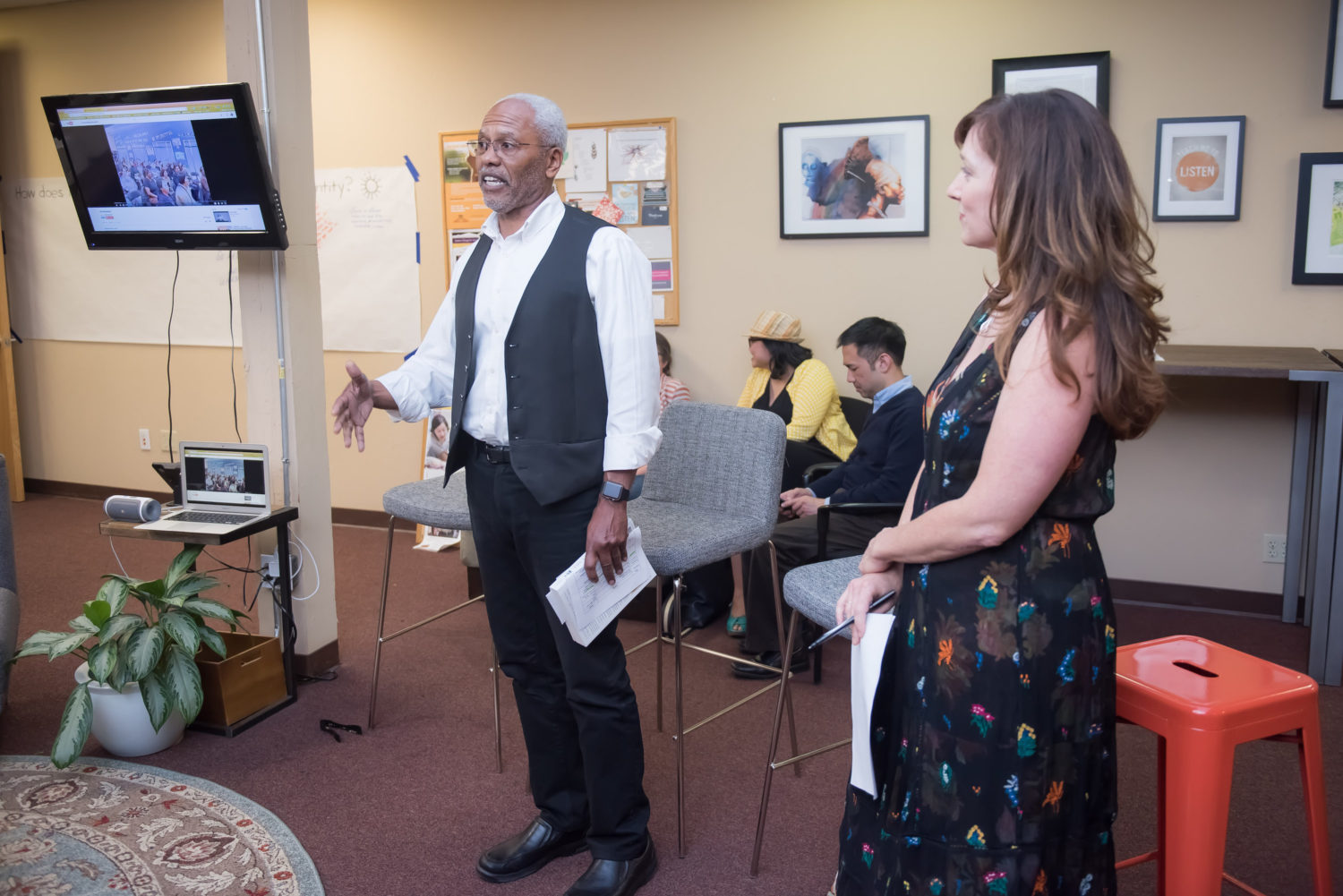
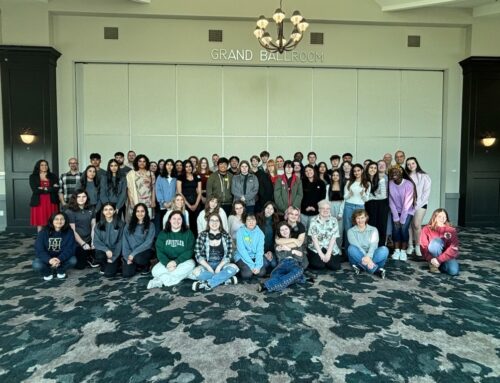
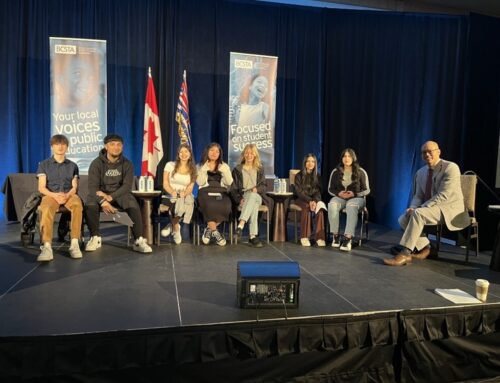
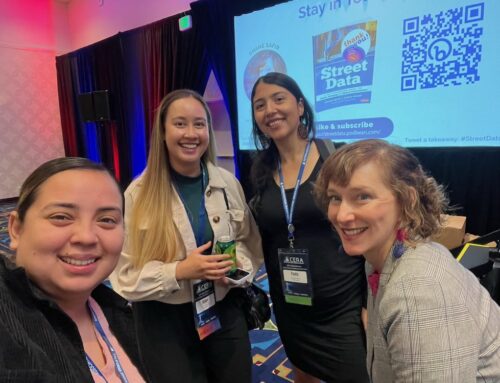

Leave A Comment
You must be logged in to post a comment.